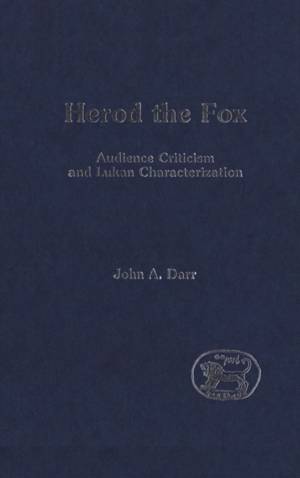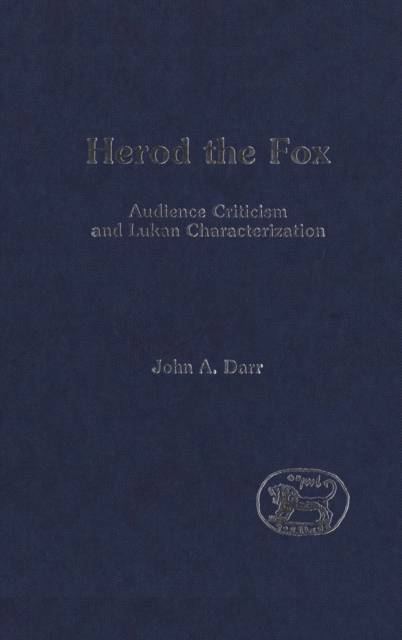
- Retrait gratuit dans votre magasin Club
- 7.000.000 titres dans notre catalogue
- Payer en toute sécurité
- Toujours un magasin près de chez vous
- Retrait gratuit dans votre magasin Club
- 7.000.0000 titres dans notre catalogue
- Payer en toute sécurité
- Toujours un magasin près de chez vous
Description
In foregrounding the themes of witnessing, 'seeing and hearing', and recognition, Luke urges readers to reflect on their own hearing (= reading) of his story, to become certain kinds of readers and to read in particular ways. So the need for a reader-oriented methodology in interpreting Luke-Acts is evident. But what is the best theory to deploy? Charting a path through the thickets of modern literary theory, Darr develops a new reader-oriented model, insisting that the original 'extratext' (the repertoire of literary and social conventions) of Luke-Acts-and not simply the text itself-should be taken into account in any critical evaluation of how this story works. To demonstrate this new hermeneutical model, Darr undertakes an extensive study of Lukan characterization, and especially his portrayal of Herod the Tetrarch.
Spécifications
Parties prenantes
- Auteur(s) :
- Editeur:
Contenu
- Nombre de pages :
- 248
- Langue:
- Anglais
- Collection :
- Tome:
- n° 163
Caractéristiques
- EAN:
- 9781850758839
- Date de parution :
- 01-01-97
- Format:
- Livre relié
- Format numérique:
- Genaaid
- Dimensions :
- 156 mm x 234 mm
- Poids :
- 526 g

Les avis
Nous publions uniquement les avis qui respectent les conditions requises. Consultez nos conditions pour les avis.






